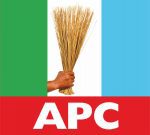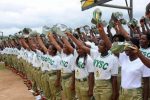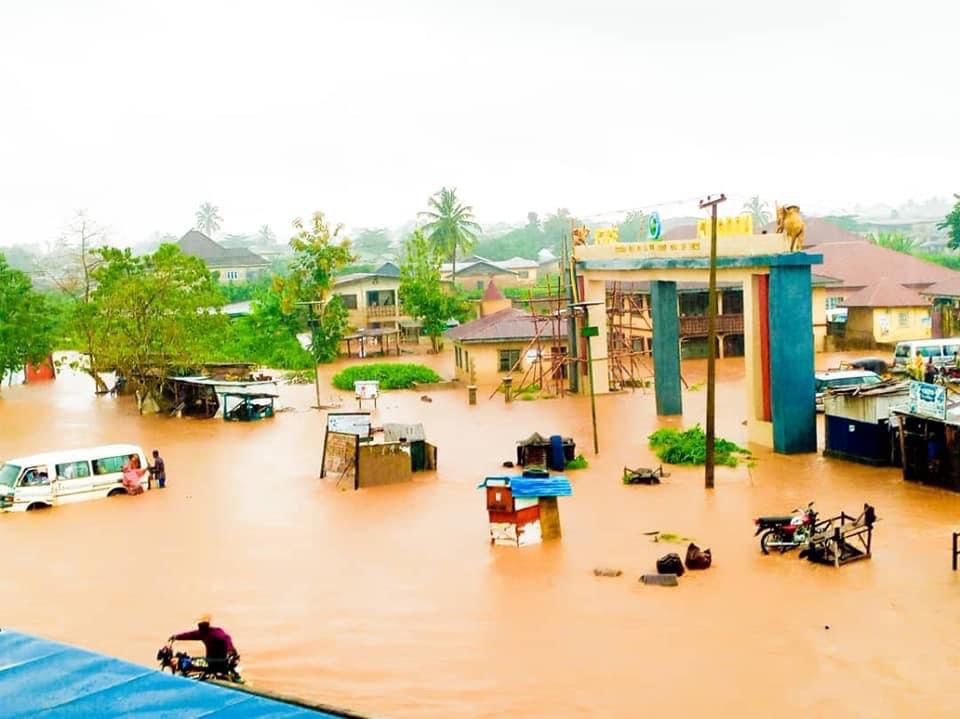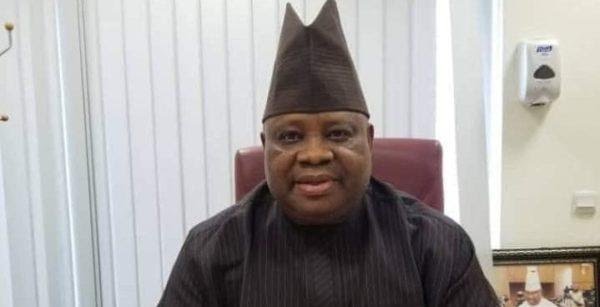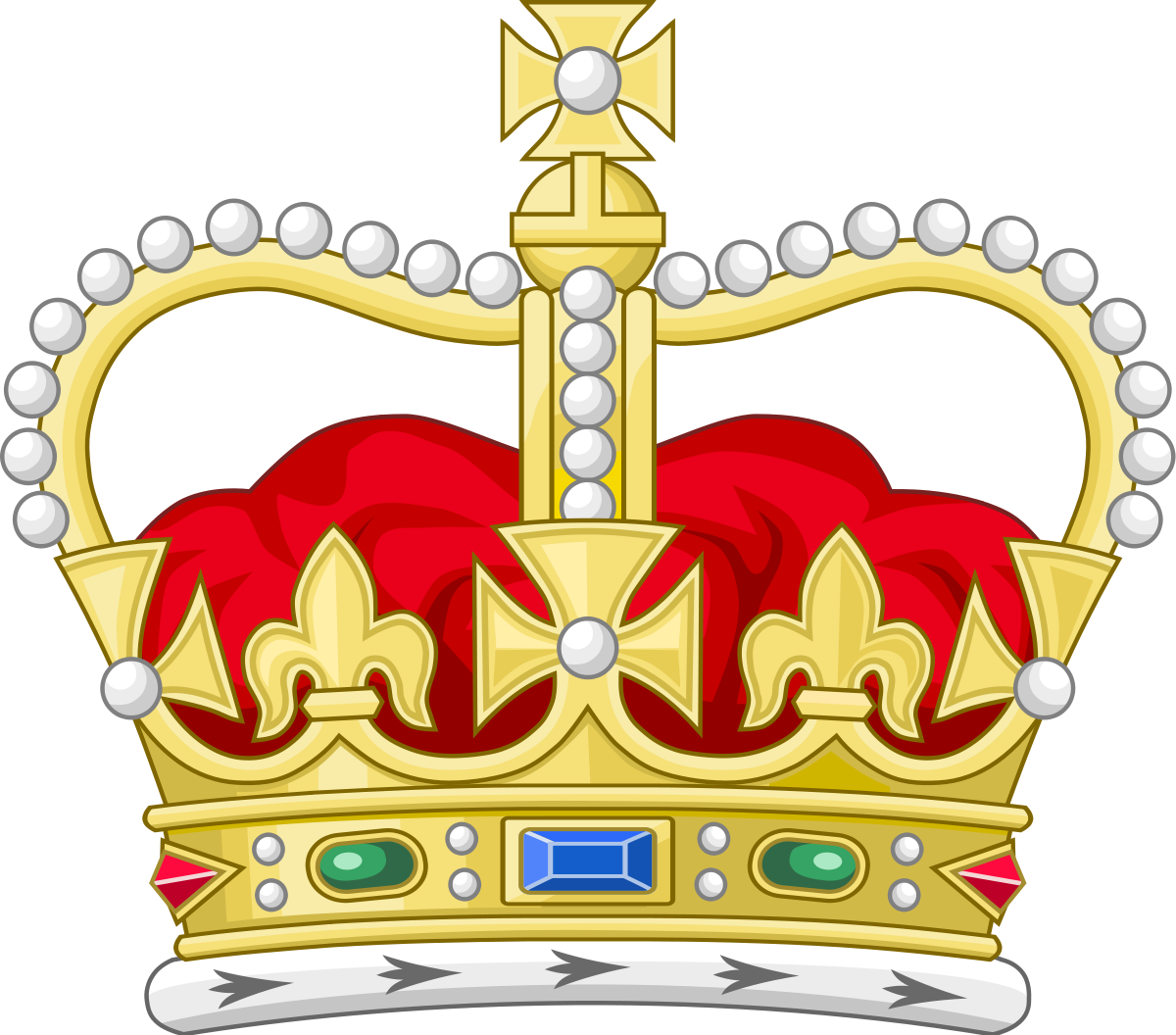ISSUES/POLICY: Observation From Outside
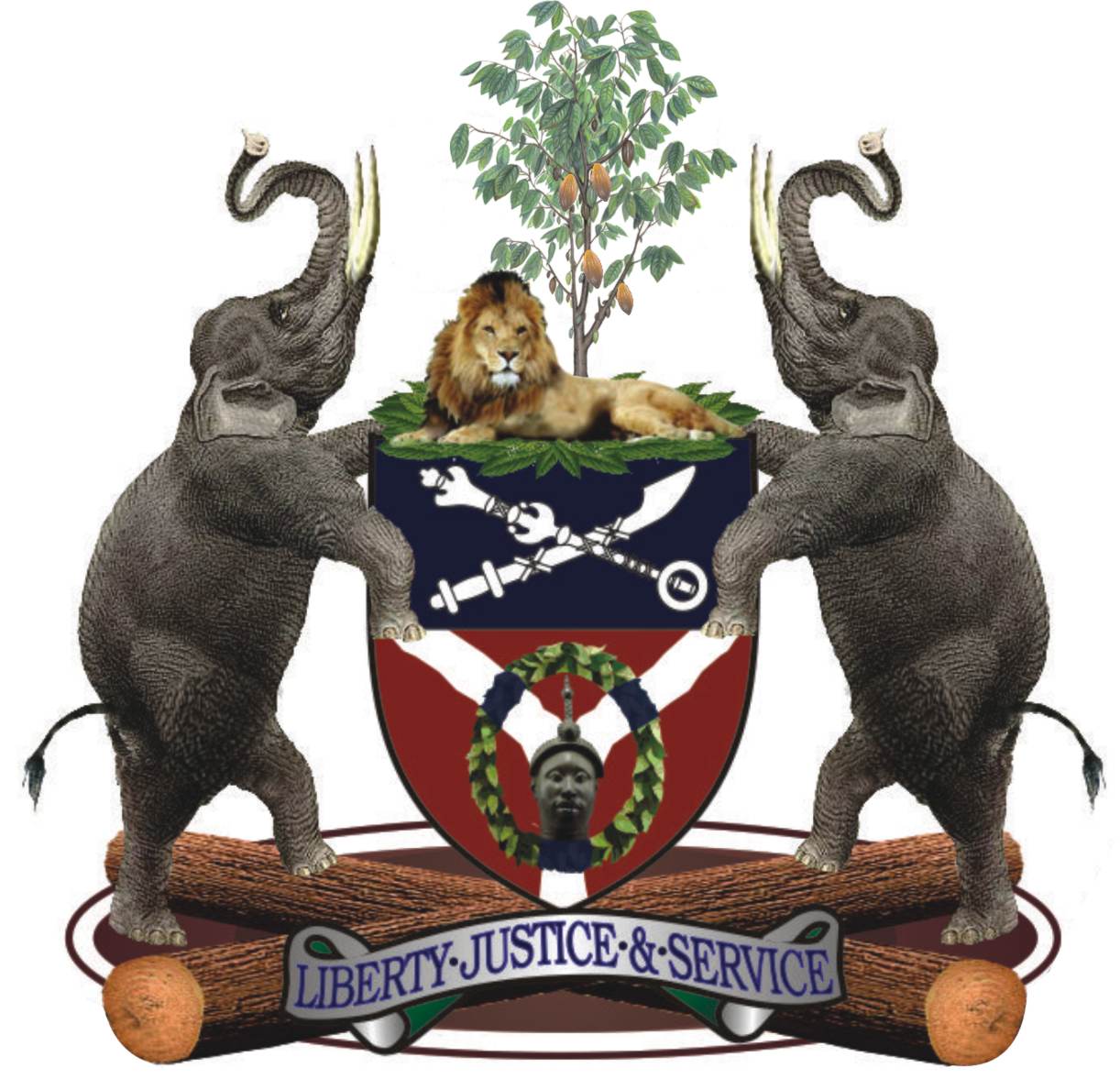

This commentary came out in Hardball in The Nation Newspaper of Monday,
October 22, 2018.
Poverty Of Politics, Politics Of Poverty
In Osun, the poverty of politics and politics of poverty
seem to have coalesced, and produced a mirage: politics-
induced perception of poverty while the economics of it all gives a diametrically opposed verdict. It’s an unfortunate conundrum projected by politicians and amplified by a media’s progressively humongous appetite for the sensational and the titillating, even if facts don’t support these hysterics.
According to a story in The Nation of October 18, the United Nations Development Programme (UNDP), in sync with the Nigerian National Bureau of Statistics (NBS), just released its yearly Human Development Indices.
Here is a verbatim report, from a paragraph, of the story: “The computation of Human Development Indices for the UNDP Nigeria Human Development Report was released by the NBS; and [it] rated Osun the second lowest state in Nigeria in Poverty Index in 2013, one of the five states with lowest unemployment rates by NBS, and the second richest state in Nigeria, by the United Nations Multi-Dimensional Poverty Index in 2017”.
The report went on: “The new report places the state’s poverty index at 17.5 per cent, ahead of Lagos, Nigeria’s economy capital.” The report also puts Osun’s unemployment rate at 6.7 per cent, though it did not state the national average unemployment rate.
By no means, this UNDP report doesn’t rebrand Osun as an el-Dorado. It’s, after all, the media vortex of the salary arrears crisis, which though is a national crisis, was projected as a sole Osun problem.
However, if with the salary crisis, a UNDP human poverty index still returns the state as one of the least poverty-stricken in the country — even besting Lagos, Nigeria’s economy dynamo and Rivers, the country’s foremost oil business state — then there are certainly some deliberate, non-cash anti-poverty initiatives, which the Osun government has done rather well.
A media that takes itself seriously would have pored into the UNDP HDI report — and it has been consistent in its returns on Osun, in the past few years — and studied what the government there has done right, if only to recommend those right steps to other governments, to stem the current Nigerian poverty crisis.
But no! The lords of the Fourth Estate of the Realm would rather hug street emotions, even coming from suspected sources, and join the lamentation orchestra of “hunger and poverty in the land”, without adding any value, as to how the poverty pest could be creatively curtailed.
Still, aside from sensational reportage and a banal media mindset, organized Labour should be out there, studying strategies Osun had put in place to mitigate the poverty in its environment; and therefore achieve some relative stasis and social peace, despite the hostile economic environment, caused by past decades of wanton, willful and wild wastes.
Armed with such strategies, they would then be better armed with winning strategies, as they engage the government with policies to battle and banish poverty; and depart from their fixation with raw cash, as epitomized by Labour’s obsessive attachment to wages, sans other non-monetary benefits.
Since the days of Udoji and Williams salary awards, of the early and mid-1970s, raw cash has proved itself incomplete to rein in poverty. The Osun feat therefore points at fresher and more rigorous thinking, to face down the poverty question.


